SEO Strategies for New Websites (FREE Checklist Inside!)
By: Hayden Jarman

TL;DR for Busy Readers:
Kickstart your SEO with these essential steps:
- First Steps: Choose a fast host like Cloudways, perform keyword research using Ahrefs, set up SSL, optimize page speed, and ensure mobile-friendliness.
- On-Page SEO: Focus on keyword optimization, title tags, meta descriptions, and header tags.
- Content: Create high-quality, original content targeting your chosen keywords.
- Technical SEO: Ensure fast loading times, mobile-friendliness, and set up a sitemap.
- Link Building: Use digital PR, Skyscraper Technique, and broken link building.
Note: Implement these steps meticulously for the best results.
Listen, starting a new website can feel like you're trying to climb Everest in flip-flops.
I get it.
You're bombarded with information, and everyone's got an opinion on what you should do.
But here's the deal: I'm going to cut through the noise and give you the no-BS guide to SEO strategies for new websites.
Whether you're just dipping your toes in the digital waters or you've been around the block, these strategies will help you turn your site into a traffic magnet.
🚀 SEO Checklist for Small Business Success 🏆
Table of Contents:
- What Are the Essential First Steps for SEO on a New Website?
- How Long Does It Take for SEO Efforts to Show Results on a New Site?
- What Are the Most Important On-Page SEO Elements to Focus on for a New Website?
- How Can I Create an Effective Keyword Strategy for a New Website?
- What Role Does Content Play in SEO for a New Website?
- How Important Is Technical SEO for a New Website?
- What Are the Best Link-Building Strategies for a New Website?
- How Can I Optimize My New Website for Mobile Users?
- What Tools Should I Use to Track SEO Progress on a New Website?
- How Can I Compete with Established Websites in My Niche as a Newcomer?
- Additional Resources
What Are the Essential First Steps for SEO on a New Website?
1. Choose a Fast and Reliable Web Host
Look, your website is like a storefront.
If it's slow or constantly closed, nobody's going to stick around. That's why I swear by fast hosts like Cloudways. It's not just about being online; it's about being lightning-fast and always accessible.
Personal Tip: A reliable web host is like a solid foundation for a house. Without it, everything else you build is at risk of crumbling.
2. Perform Thorough Keyword Research
This isn't just about finding words people search for.
It's about uncovering gold mines of opportunity. Use Ahrefs' Keywords Explorer to find those sweet spots - keywords with high traffic potential but low competition.
We're talking KD < 20 and TP > 1000. That's where the money is.
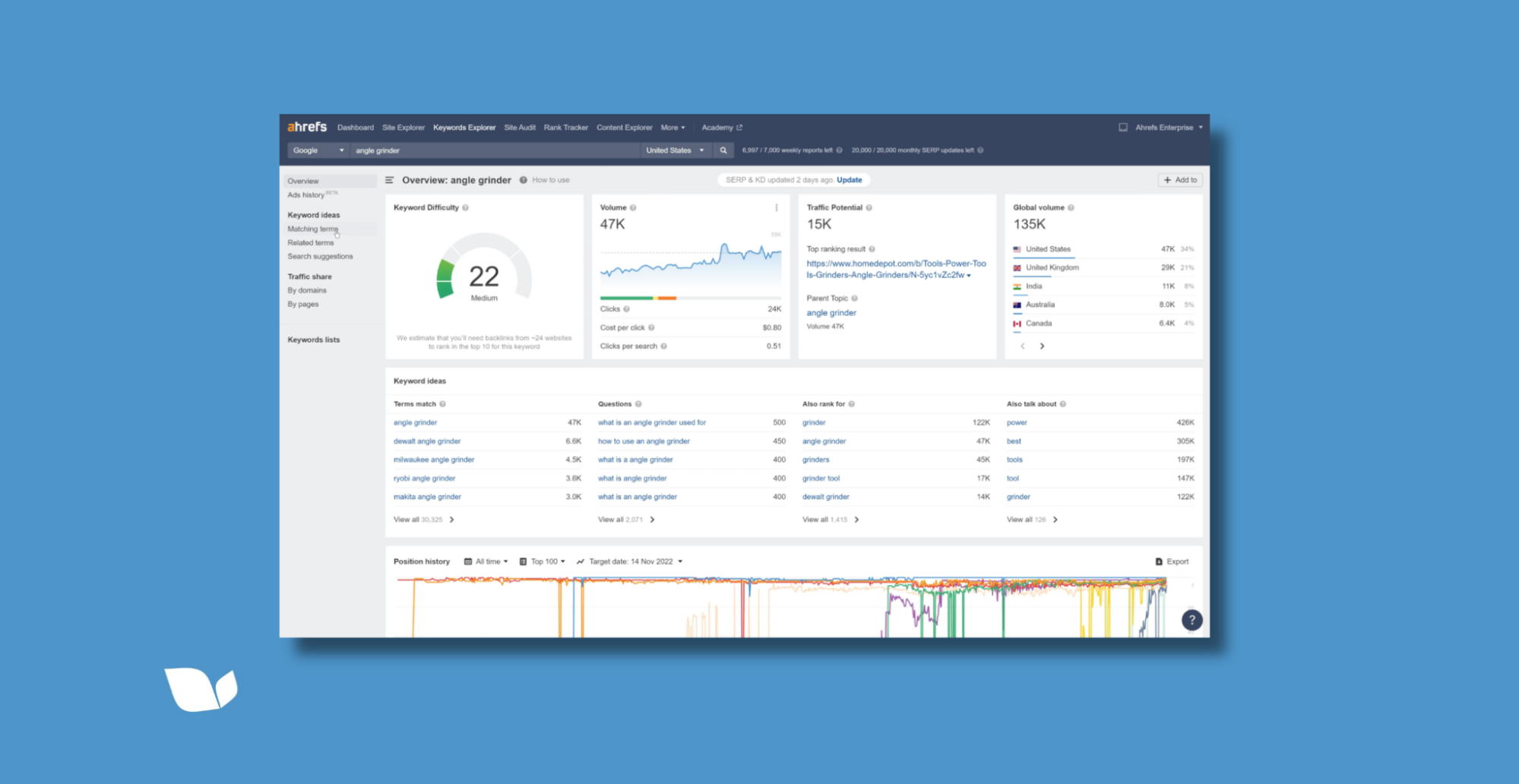
Note: Don't go chasing waterfalls (or high-competition keywords) when you're just starting. Focus on the low-hanging fruit.
3. Create a Logical Site Structure
Your site structure isn't just for users; it's for search engines too.
Think of it like a well-organized filing system. Everything has its place, and it's easy to find. Set up SSL, optimize your page speed, and make sure it's mobile-friendly.
This isn't just good practice; it's essential.
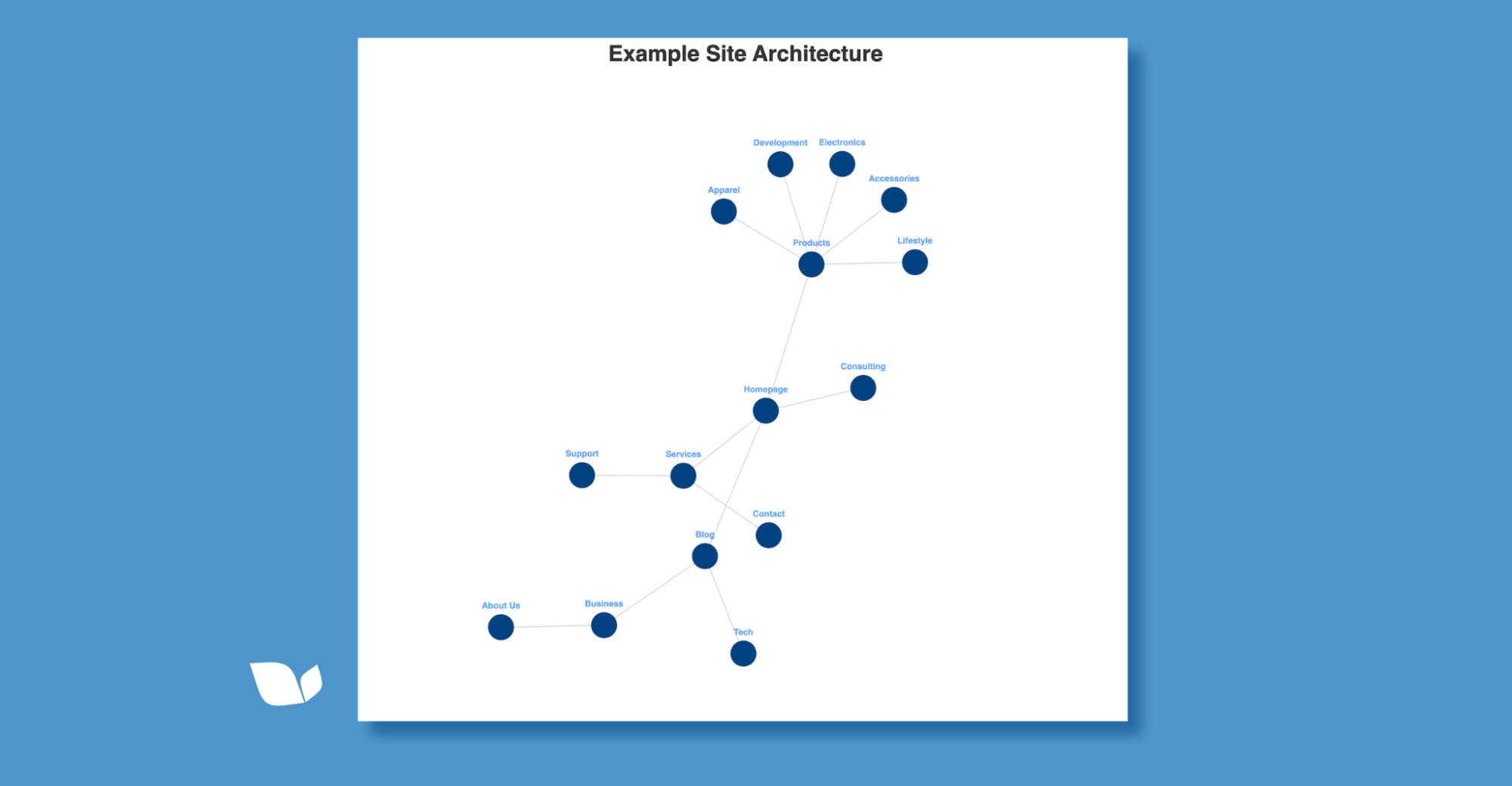
Personal Tip: A logical site structure is like a roadmap for search engines. Make it easy for them to crawl, and they'll reward you.
4. Develop High-Quality Content
Content is king, queen, and the whole royal family.
But here's the truth: it's not just about quantity. It's about quality. Create content that targets your chosen keywords naturally. Weave them into your titles, meta descriptions, headers, and body text like you're crafting a masterpiece.
Note: High-quality content is like a magnet for visitors. Give them value, and they'll keep coming back for more.
5. Start Building Quality Backlinks
Backlinks are like votes of confidence from other websites.
But not all votes are created equal. You want backlinks from relevant, authoritative sites. Reach out, participate in communities, create killer infographics or original research.
Make content so good they can't help but link to it.
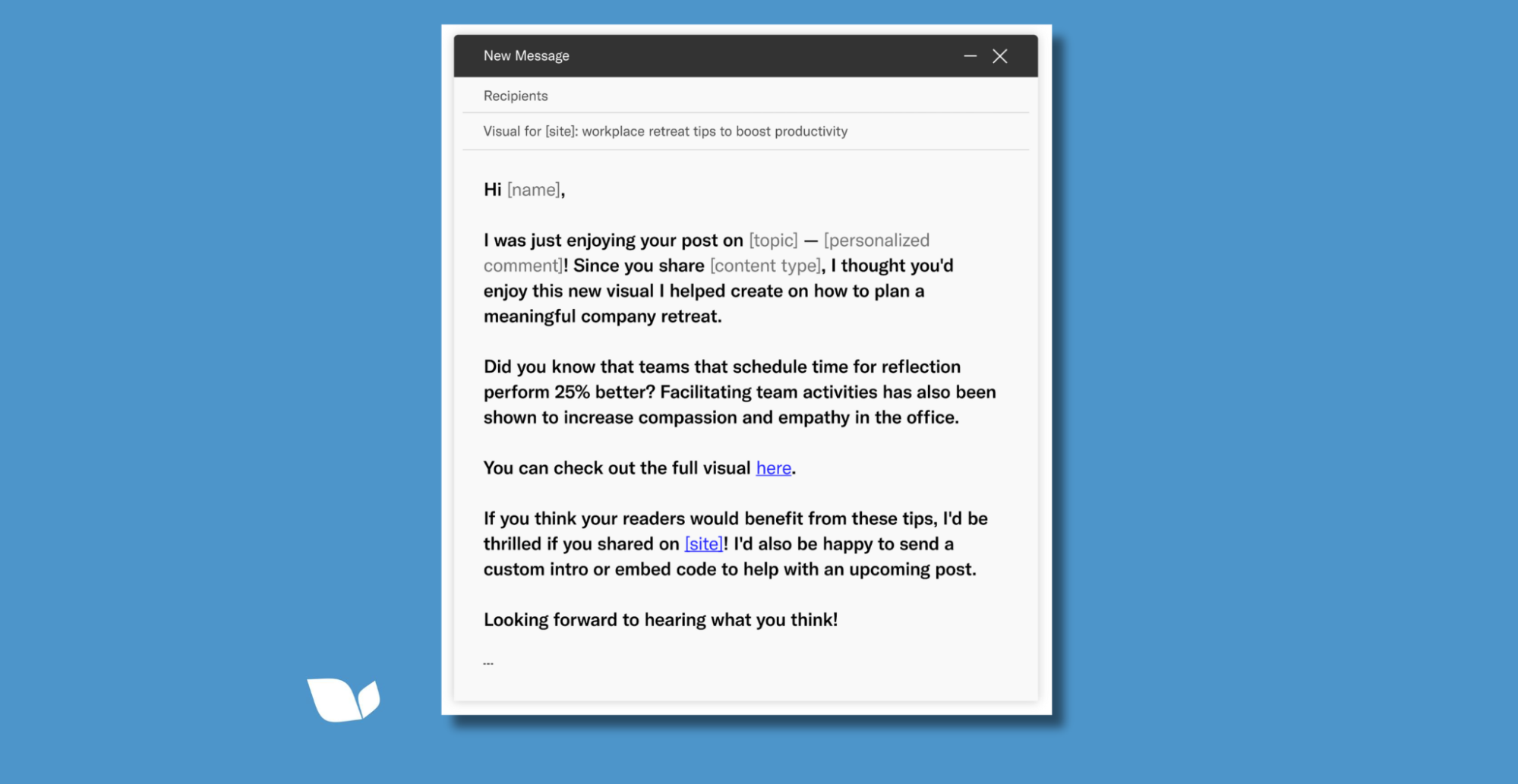
Insight: Quality backlinks are the secret sauce to boosting your site's authority. But remember, it's a marathon, not a sprint.
How Long Does It Take for SEO Efforts to Show Results on a New Site?
Let's get real for a second. SEO isn't a get-rich-quick scheme. It's a long game, and you need to be prepared for that.
Here's the breakdown:
- Initial Indications: You might see some minor fluctuations in rankings or traffic within 2-4 weeks. But don't pop the champagne just yet.
- Significant Improvements: For low-competition keywords, you're looking at 3-6 months before you see real movement in organic traffic and rankings.
- Full Assessment: Google's like that tough professor who takes their sweet time grading your paper. It can take up to 12 months for them to fully assess where your new domain stands.
- Sustainable Results: Want substantial, lasting results? Buckle up for 6-12 months of consistent optimization.
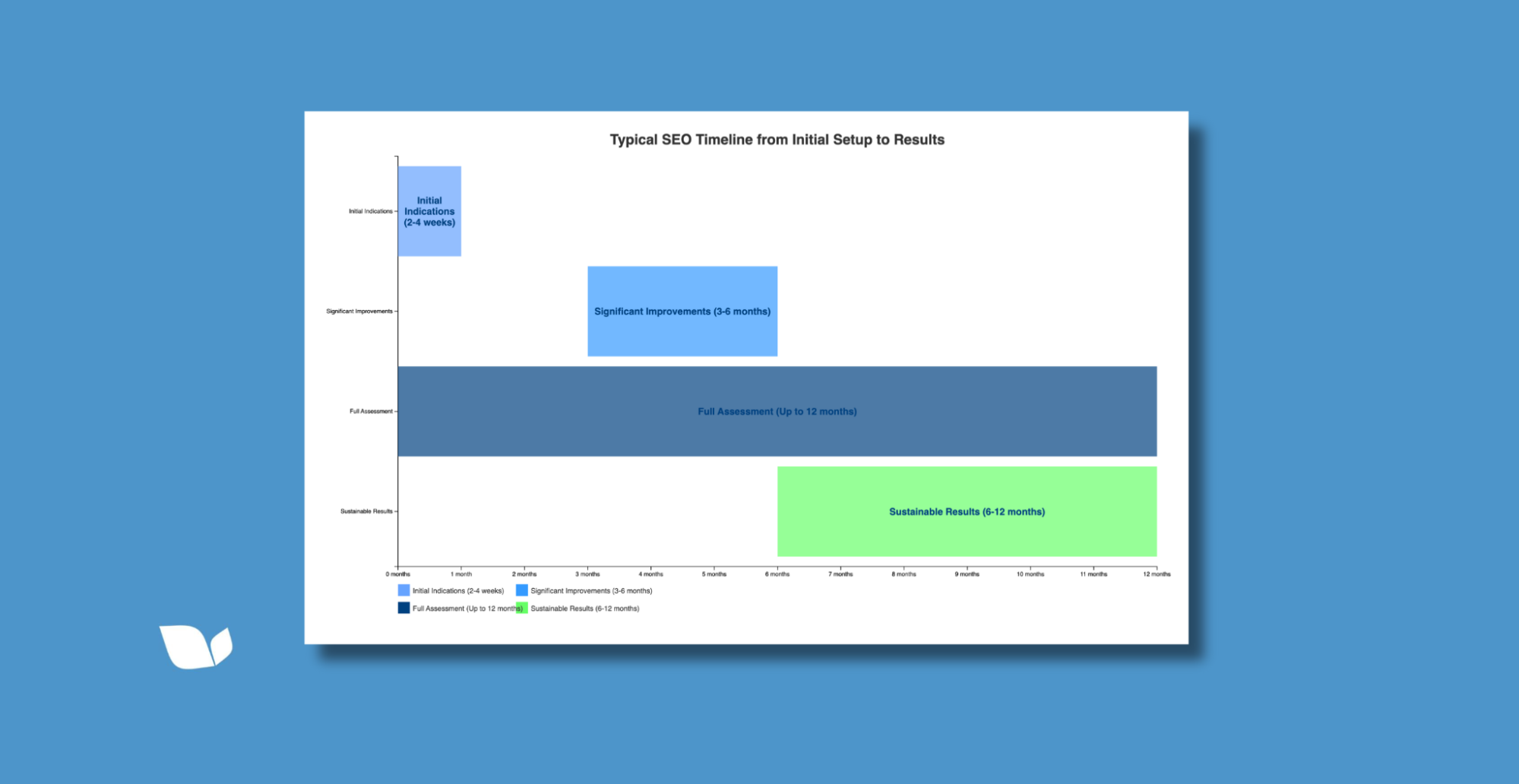
Insight: Patience isn't just a virtue in SEO; it's a necessity. Stay consistent, keep pushing, and the results will come.
What Are the Most Important On-Page SEO Elements to Focus on for a New Website?
1. Keyword Optimization
This isn't about stuffing keywords like a Thanksgiving turkey. It's about strategic placement.
Use tools like Ahrefs to find relevant keywords and naturally integrate them into your content. It should read like a conversation, not a robot wrote it.
2. Title Tags and Meta Descriptions
Think of these as your elevator pitch in the search results. You've got seconds to convince someone to click. Make every character count. Include your target keywords, sure, but make it compelling. Make it impossible not to click.

My Experience: I once saw a 30% jump in click-through rates just by updating meta descriptions. Never underestimate the power of a well-crafted snippet.
3. Content Quality and Structure
Your content needs to be the best damn resource out there on the topic. Period. Use headings and subheadings to break it up and make it easy to read. Remember, you're writing for humans first, search engines second.
4. Internal Linking
This is like creating a roadmap within your site.
Link relevant pages together. It helps search engines understand your site structure and spreads link equity around. Plus, it keeps users engaged and exploring more of your content.
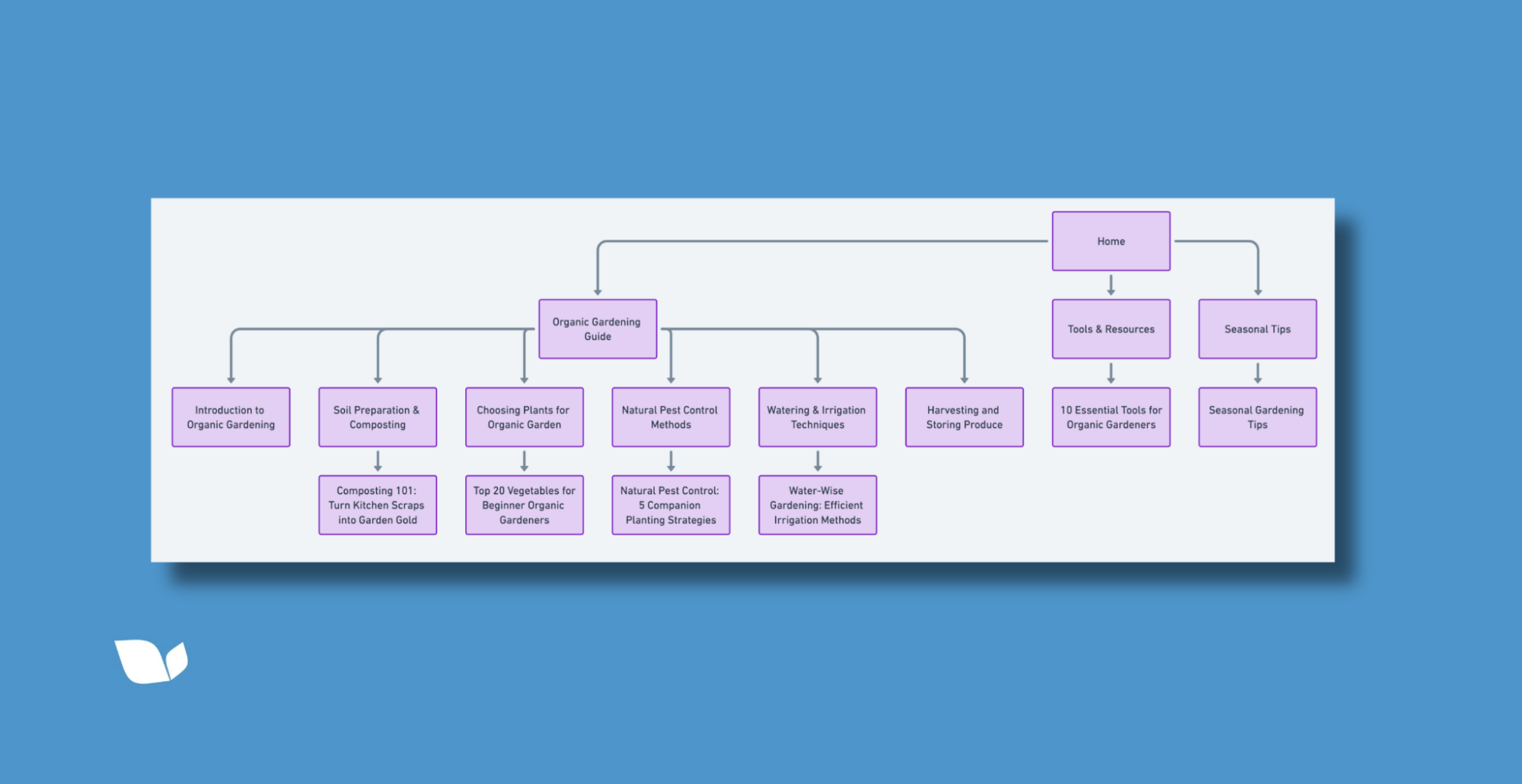
5. Mobile Responsiveness and Site Speed
In today's world, if your site isn't mobile-friendly, you might as well not exist. And speed? It's not just about impatient users (though that's important). Google cares about speed too. A lot.
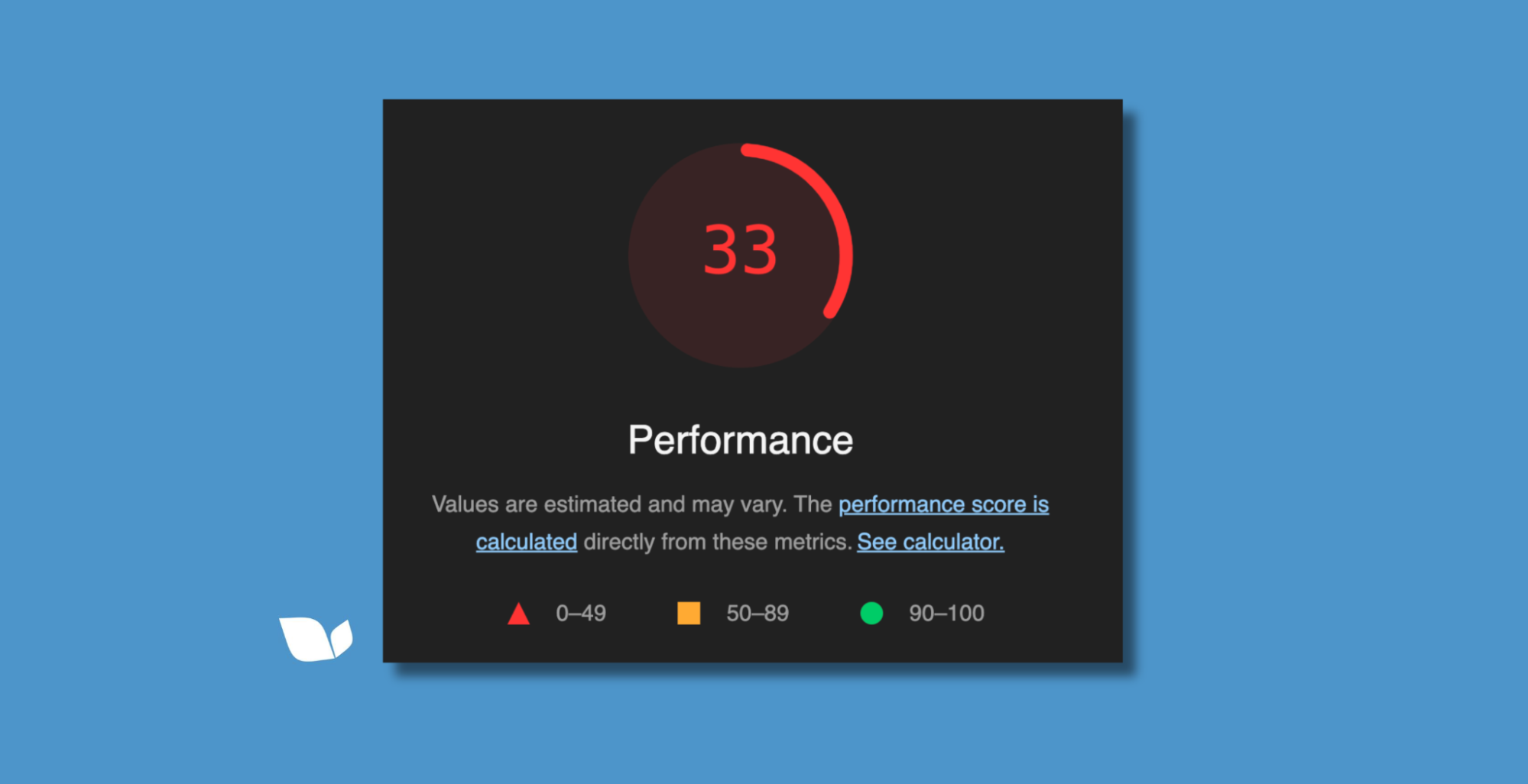
How Can I Create an Effective Keyword Strategy for a New Website?
1. Identify High-Volume, Low-Competition Keywords
This is where the magic happens. Use Semrush's Keyword Magic Tool to uncover those hidden gems. Look for long-tail phrases with search volumes between 100-1000 monthly searches. These are your sweet spots.

2. Analyze Competitors' Top-Performing Pages
Why reinvent the wheel? Use Ahrefs' Site Explorer to see what's working for your competitors. Find the keywords they're ranking for that you're not targeting yet. That's your opportunity.
3. Prioritize Keywords
Not all keywords are created equal. Use Ahrefs' free keyword strategy template to prioritize based on business potential and ranking potential. Focus on the ones that will move the needle for your business.
4. Optimize for Search Intent
Understanding why someone is searching is just as important as what they're searching for.
Look at the top-ranking pages for your target keywords. What format are they using? What questions are they answering? Align your content with that intent.

Personal Tip: Don't sleep on long-tail keywords. They might have lower search volumes, but they often convert like crazy.
What Role Does Content Play in SEO for a New Website?
1. Establishing Topical Relevance and Authority
Your content is how you prove to search engines that you know your stuff.
It's not just about keywords; it's about demonstrating expertise in your niche. Create content that answers questions, solves problems, and establishes you as the go-to source.
2. Attracting Organic Backlinks
Great content is like a magnet for backlinks. When you create something truly valuable, other sites will want to link to it. This is how you build authority in Google's eyes.
3. Regular Updates
Search engines love fresh content.
It signals that your site is active and relevant. But don't just update for the sake of updating. Each piece should add value.
Note: I've seen sites double their traffic just by committing to regular, high-quality blog updates. Consistency is key.
4. Keyword-Optimized Long-Form Articles
Long-form content (2000+ words) gives you room to dive deep into a topic. It allows you to target multiple related keywords and really satisfy search intent. Plus, it tends to rank better.
5. User-Generated Content
Reviews, comments, forum posts - this kind of content can be gold for SEO. It adds fresh content regularly and enhances your E-E-A-T signals (Experience, Expertise, Authoritativeness, Trustworthiness).
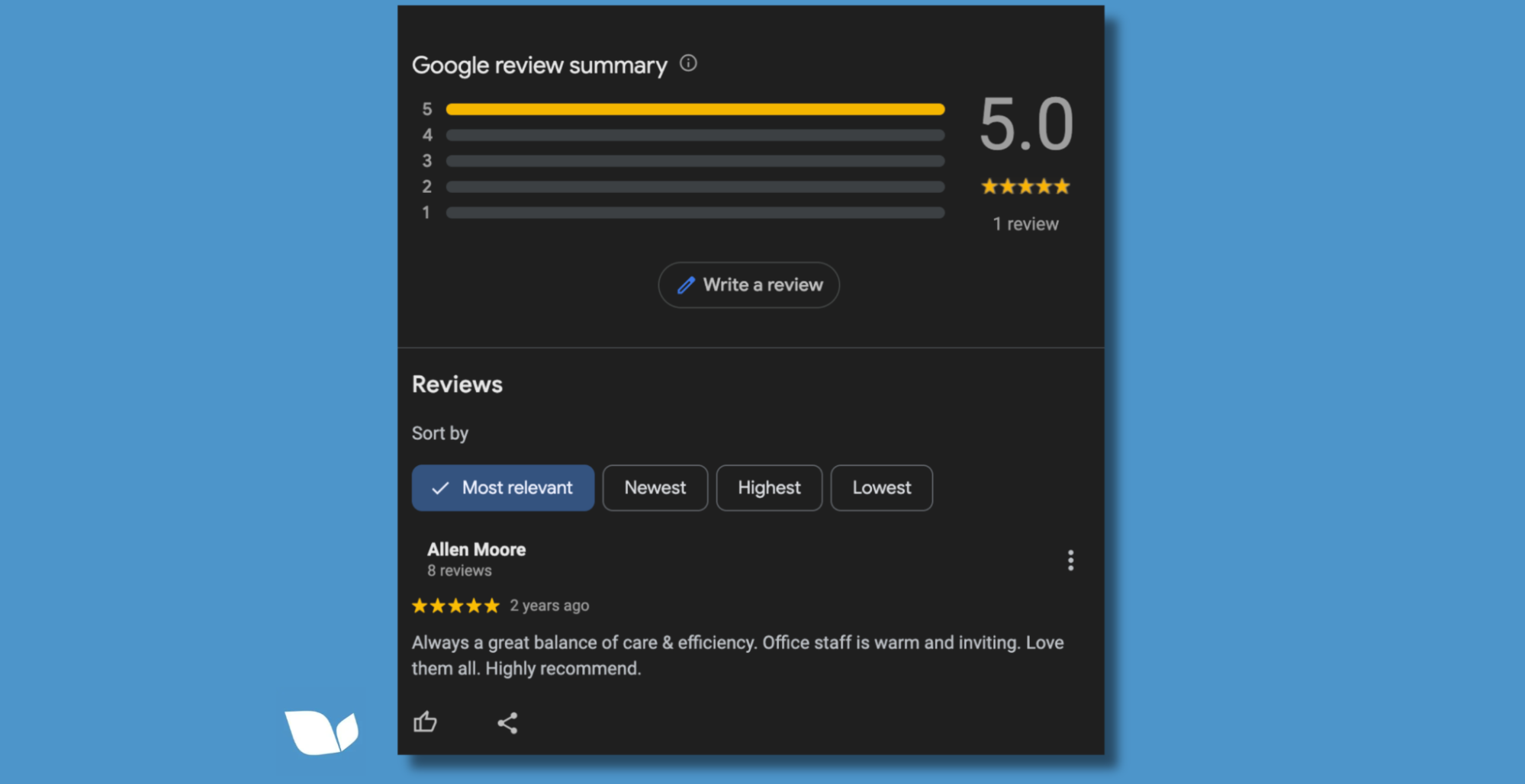
How Important Is Technical SEO for a New Website?
1. Crawlability and Indexing
If search engines can't crawl and index your site properly, nothing else matters. It's like having the best product in the world but keeping your store locked.
Use Google Search Console to monitor how search engines are interacting with your site.
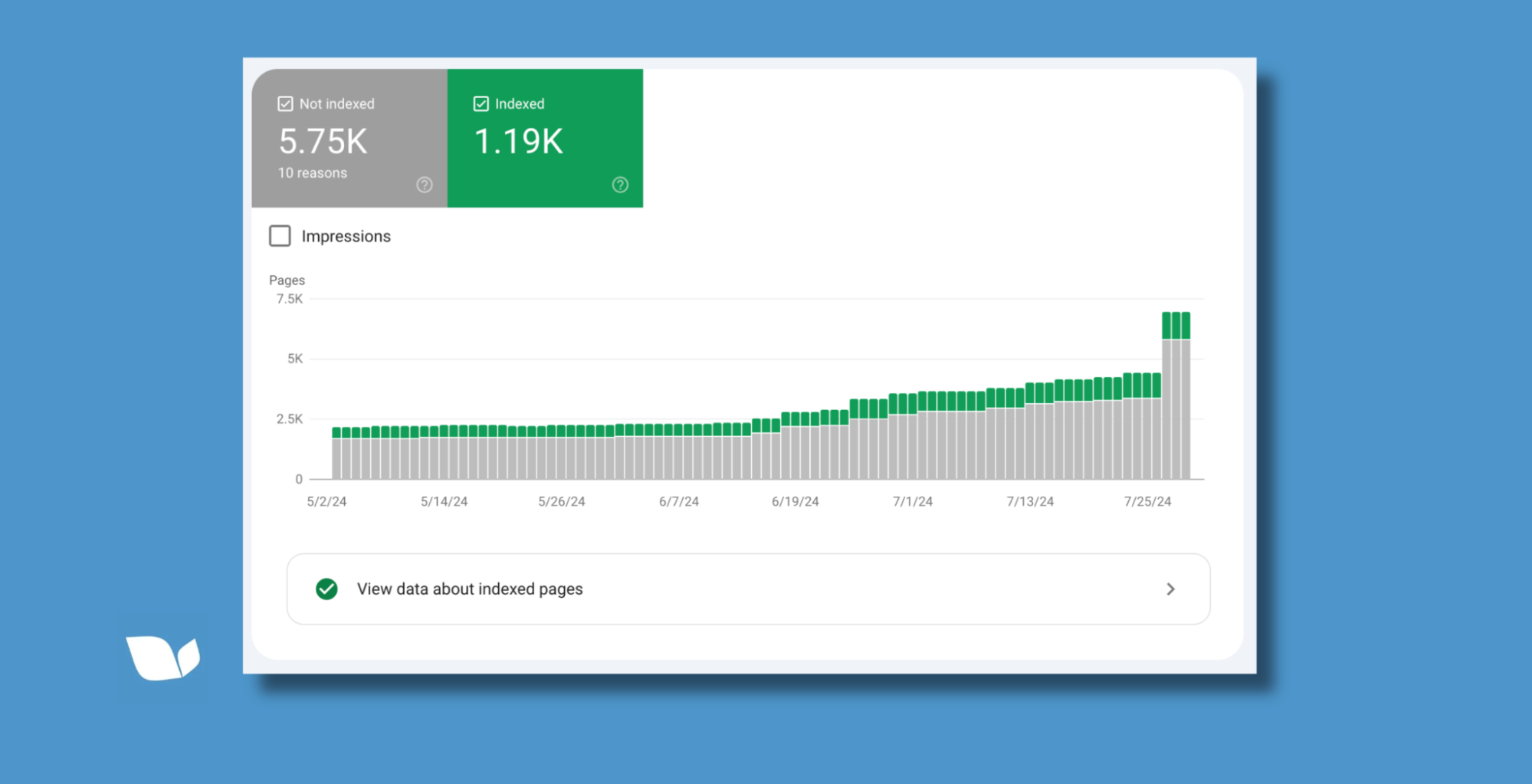
2. Improving User Experience
User experience isn't just about making things pretty. It's about making your site fast and easy to use, especially on mobile. Google cares about this, and so should you.
3. Adhering to Best Practices
Following Google's best practices isn't just about avoiding penalties.
It's about positioning your site for success. Stay up to date with their guidelines and implement them.
4. Identifying and Fixing Issues
Broken links, duplicate content, missing meta tags - these issues can hold your site back. Regular audits using tools like Screaming Frog can help you catch and fix these problems before they impact your rankings.

5. Implementing Structured Data
Structured data helps search engines understand your content better.
It can also lead to rich snippets in search results, which can significantly improve your click-through rates.
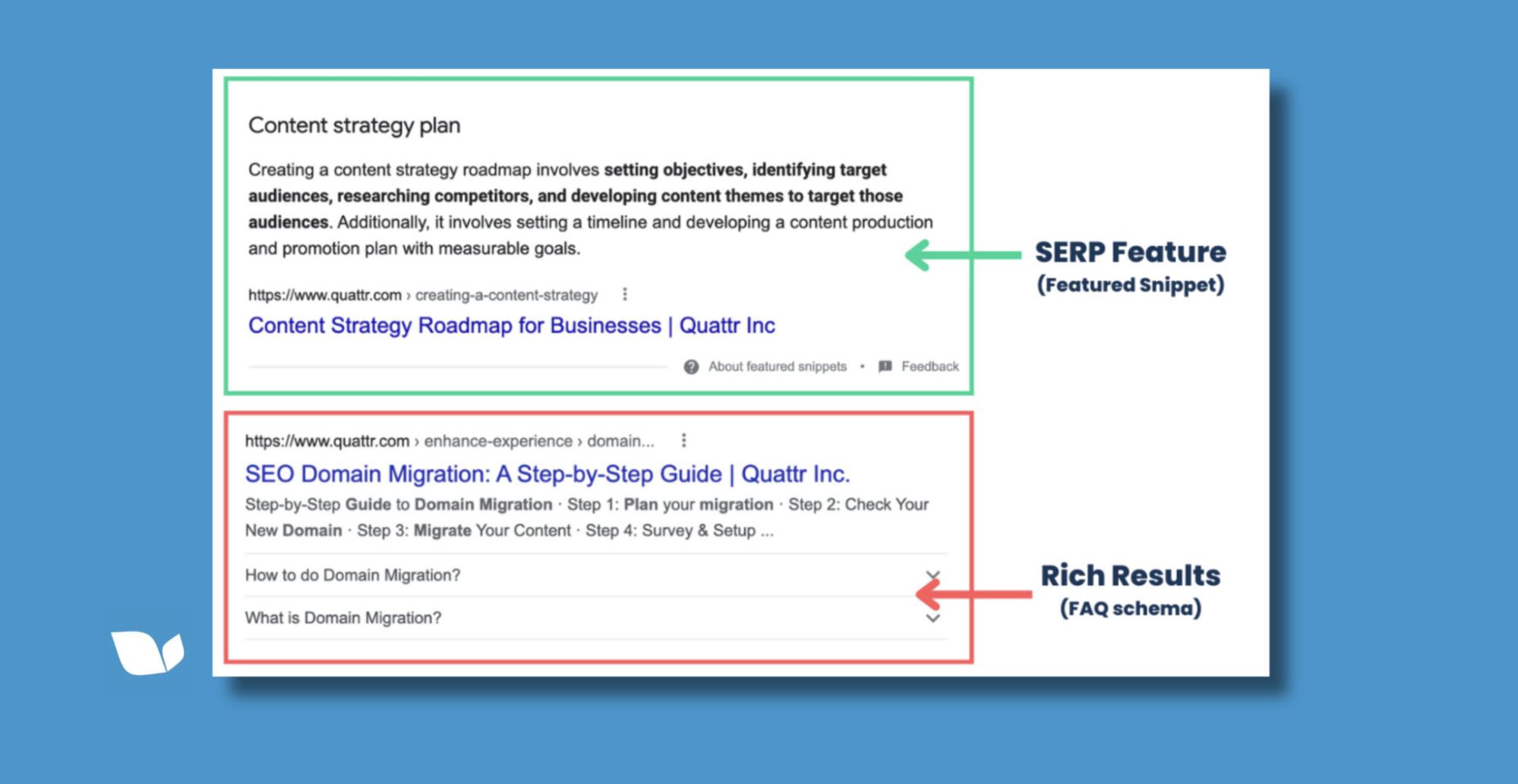
What Are the Best Link-Building Strategies for a New Website?
1. Digital PR
Create content that journalists and industry publications can't ignore. We're talking original research, data-driven insights, expert interviews. Then, pitch it like your business depends on it (because it does).
2. Comprehensive Resource Guides
Become the go-to source in your niche. Create the most comprehensive, valuable resource on a topic, then reach out to authoritative sites and suggest they include it on their resource pages.
3. Skyscraper Technique
Find popular content in your industry, make something even better, then reach out to everyone linking to the original. Show them why your content deserves that link instead.
4. Broken Link Building
Find broken links on high-authority sites in your niche.
Create content to replace what's missing, then reach out and offer your link as a solution. You're solving their problem while building your backlink profile.
Insight: Quality backlinks are like rocket fuel for your site's authority. But remember, it's about quality, not quantity.
5. Media Requests
Platforms like Connectively (formerly HARO) connect journalists with sources. Be that source. Respond quickly and thoroughly to relevant requests. It's a fast track to high-quality backlinks.
How Can I Optimize My New Website for Mobile Users?
1. Responsive Design
Your site needs to look good and function well on everything from a smartphone to a desktop. Implement a responsive design that adapts to different screen sizes.
2. Optimize Page Load Speed
Mobile users are even more impatient than desktop users. Use a high-performance host like Cloudflare, compress your images, and minimize HTTP requests to keep things lightning fast.
3. Simplify Navigation
On mobile, screen real estate is precious. Use a clear, simple menu structure with large, easily tappable buttons. Make it easy for users to find what they're looking for.

4. Use Legible Fonts
Nobody wants to squint at their phone. Use readable fonts like Arial, Helvetica, or Roboto, and keep them at least 16 pixels in size.
5. Thumb-Friendly Design
Think about how people actually use their phones. Place important elements within easy reach of users' thumbs. It's a small detail that can make a big difference in user experience.
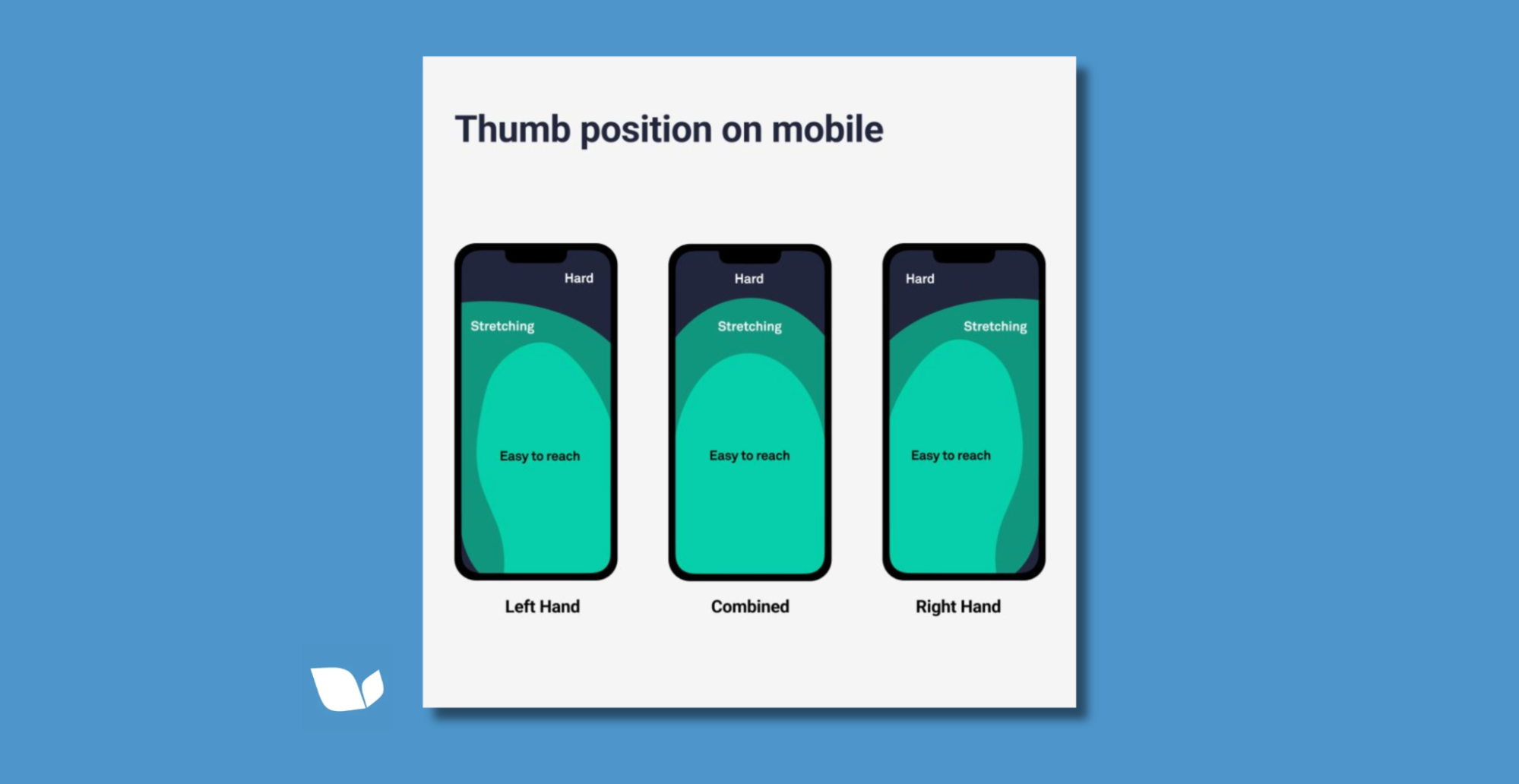
Tip: With more people accessing the web via mobile than ever before, mobile optimization isn't just important - it's critical.
What Tools Should I Use to Track SEO Progress on a New Website?
1. Google Search Console
This is your direct line to Google. Use it to monitor indexing, search performance, mobile usability, and technical SEO issues. It's free and invaluable.
2. Semrush Position Tracking
Keep a close eye on your keyword rankings, SERP visibility, and how you're performing compared to competitors. It's like having a spy in the search results.
3. Google Analytics 4
Measure your organic traffic, understand user behavior, and track conversion metrics. It's the Swiss Army knife of web analytics.
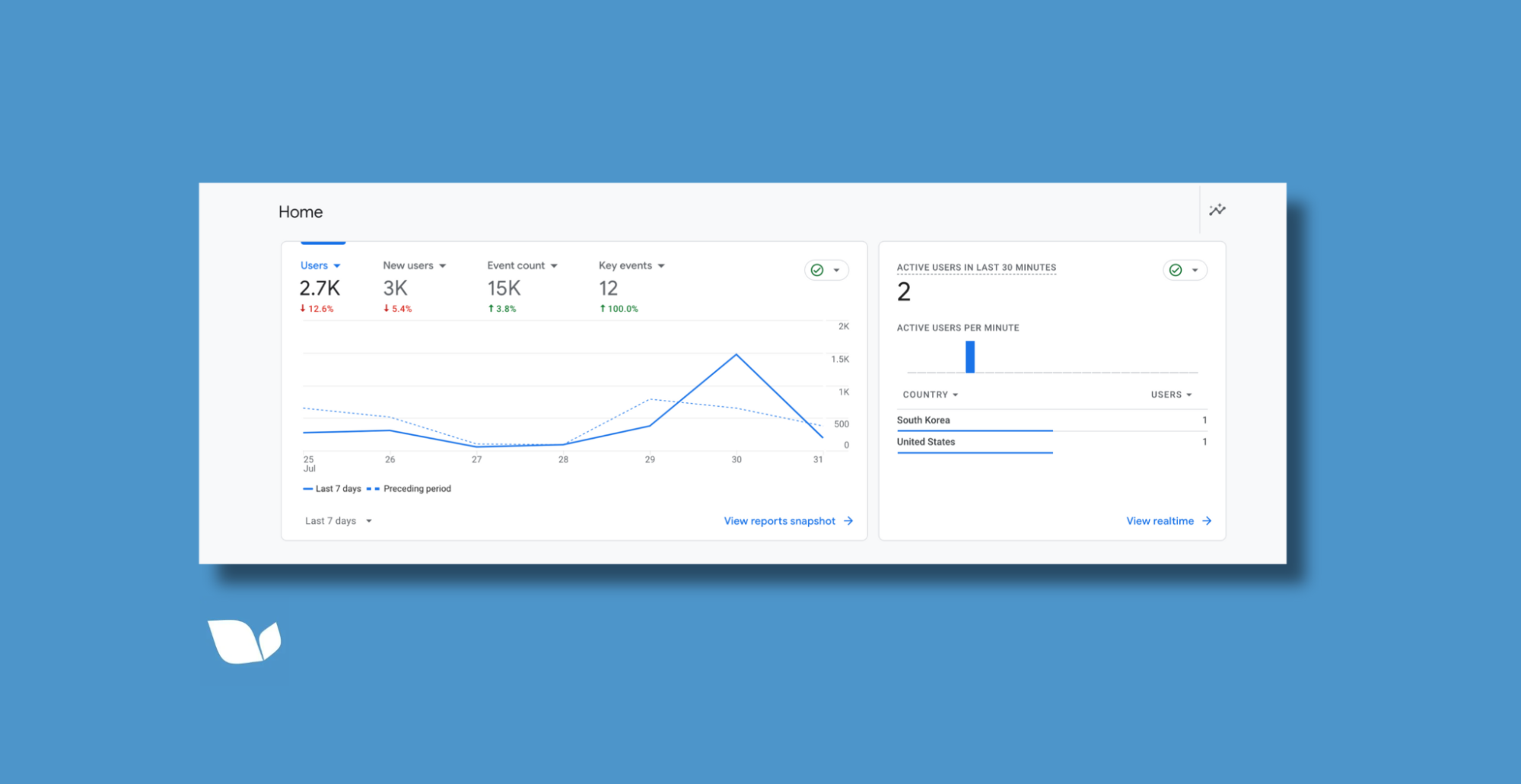
4. Screaming Frog SEO Spider
For technical SEO audits, this tool is a beast. It'll crawl your site and uncover issues you didn't even know you had.
5. Ahrefs Site Explorer
Monitor your backlink profile, track referring domains, and keep an eye on your organic keyword rankings. It's like having X-ray vision for your SEO efforts.
Note: Regularly tracking your progress isn't just about patting yourself on the back. It's about understanding what's working, what's not, and where to focus your efforts.
How Can I Compete with Established Websites in My Niche as a Newcomer?
1. Focus on Long-Tail Keywords
The big players are fighting over the high-volume, short-tail keywords. Your opportunity lies in the long-tail. Use tools like Ahrefs or SEMrush to find those overlooked gems.
2. Create In-Depth, Expert-Level Content
Don't just match your competitors - surpass them. Create content so thorough, so valuable, that it makes everything else look shallow in comparison. We're talking 2000+ word articles that leave no stone unturned.
3. Optimize Technical SEO
While your competitors might be resting on their laurels, you can gain an edge through technical excellence. Use Cloudflare for faster load times, implement schema markup, and make your site a lean, mean, ranking machine.
4. Build High-Quality Backlinks
Guest posting, creating linkable assets like original studies or infographics - these are your tickets to building a strong backlink profile. Remember, it's about quality, not quantity.
5. Leverage Emerging Platforms
While your competitors are fighting over scraps on oversaturated platforms, you can build an engaged audience quickly on emerging ones. Think TikTok or Discord. Be where your audience is heading, not where they've been.
Personal Tip: Don't underestimate the power of social media. Engaging with your audience there can drive traffic, build brand loyalty, and even indirectly boost your SEO.
Final Thoughts
There you have it - the no-BS guide to SEO strategies for new websites.
It's NOT about tricks or shortcuts. It IS about consistent, strategic effort.
Remember, SEO is a marathon, not a sprint. You won't see results overnight, but if you stick with these strategies, you'll start to see your site climb those search rankings.
Here's the thing: the web is constantly evolving, and so should your SEO strategy. What works today might not work tomorrow. That's why it's crucial to stay informed, keep testing, and never stop learning.
Implement these strategies meticulously. Go all in.
Create content that's so good, so valuable, that people can't help but share it. Build a site that's not just search engine friendly, but user-friendly too. Because at the end of the day, that's what really matters - delivering value to your audience.
And remember, SEO isn't just about algorithms and keywords. It's about understanding your audience, solving their problems, and becoming a trusted resource in your niche. Do that consistently, and the rankings will follow.
So, what are you waiting for? Take this blueprint and start building. Your future top-ranking website is waiting. Get to work, and watch your digital empire grow.
Additional Resources
For further reading and to deepen your understanding of SEO strategies, we recommend the following resources:
- Moz: Industry-leading SEO software and resources.
- Google: Official search engine guidelines.
- Search Engine Journal: Respected SEO news and education site.
- Ahrefs: Popular SEO toolset and educational content.
- Backlinko: SEO training and link-building strategies.
If you need more personalized assistance with your SEO strategy, don't hesitate to reach out to us at
BlueTone Media.
Our team of experts is here to help you optimize your new website and achieve your digital marketing goals. Contact us today for a consultation!
Related Posts:
- Understanding Google’s Local Pack: How to Get Featured
- Google Business Profile FAQs: Everything You Need to Know
- The Best Google Ads Extensions to Boost Your Click-Through Rates
- How to Leverage Facebook Groups for Local Business Leads
- How to Use AI to Write Better Social Media Captions
- How to Optimize Google Reviews to Attract More Customers
- LinkedIn for B2B Marketing Success
- How to Conduct a Social Media Audit (w/ "Audit Readiness" Quiz!)
- Creating a Content Calendar for Consistent Posting
- The Importance of Mobile Optimization in 2024
- Data Privacy Regulations: What Marketers Need to Know
- The Role of Chatbots in Enhancing Customer Service
- SEO for Small Business: The Ultimate Guide to Getting Found Online
- The Role of Keyword Clustering in Modern SEO

